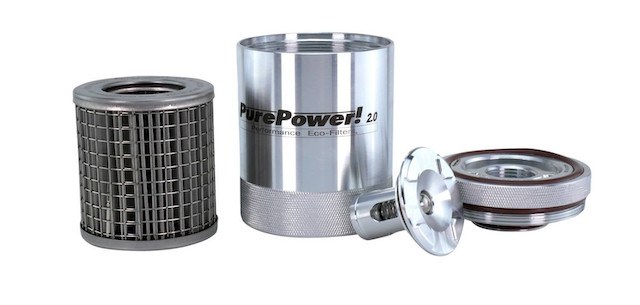4 Ways To Spend Less On Oil Changes
Oil changes are a necessary part of maintaining your vehicle. If you don’t change the oil at the recommended intervals, your engine will suffer irreversible damage.
Oil changes costs add up over time, though. The good news is there are several different ways to cut oil change costs. Here are the best ways to save money on oil changes:
1. Take Advantage Of Oil Change Deals

This is perhaps the most obvious way to save money on oil changes. Dealerships, independent shops, and oil change places offer good oil change deals once in a while. Some places even offer “happy hours”. Here are several ways to find oil change deals in your area:
- Look for coupons
- Use Groupon
- Call around
- Follow dealerships, shops, and/or oil change places on social media
- Subscribe to their email lists
Here’s a secret: oil changes are usually more expensive at dealerships. So if your dealership isn’t offering a great deal on oil changes, look elsewhere. You’d likely get a better price at an independent shop or an oil change place.
Keep in mind, though, that not all places offer quality services. You may get stuck with an inexperienced technician working on your vehicle. If the technician messes up, your engine will pay the price. To avoid this scenario, read online reviews before picking a place. Or you can handle the oil changes yourself.
2. Take Care Of Oil Changes Yourself

Are you reluctant to pay for labor for a simple job like an oil change? Do you have some time to kill? If your answer to both questions is yes, the DIY route is up your alley. It’s a simple and straightforward job. You would need the following items:
- Replacement oil filter (if you’re using a disposable oil filter)
- Oil filter wrench (if you’re using a disposable oil filter)
- Clean motor oil
- Wrench or socket with ratchet (to remove the oil drain plug)
- Oil pan
- Clean rags
- Brake cleaner or another type of cleaner (to clean up the oil afterwards)
- Kitty litter (good for oil spills)
Be sure to dispose the oil correctly. Never, ever dump used motor oil (or any other automotive fluids, for that matter) in the following places:
- The ground
- A storm drain
- A septic system
Also, don’t ever send your used motor oil to the landfill.
Motor oil is extremely harmful to the environment and local wildlife. You could get in trouble for disposing of used motor oil incorrectly. The right way to dispose of motor oil is to find a recycling center that accepts used car fluids. Anyplace that sells motor oil is required by law to accept oil for recycling. Next, follow their guidelines for bottling up your used motor oil. Here’s a useful guide on recycling motor oil the correct way.
3. Upgrade To A Lifetime Reusable Oil Filter

Yes, reusable oil filters are a thing now! A quality reusable oil filter is made out of durable metal. Lifetime reusable filters will outlast your car. Reusable oil filters cost more upfront, but you’ll save money in the long run. Disposable oil filters may be affordable, but they come with a bag of issues that can negatively affect your engine. Read this post to find out why reusable oil filters are a much better investment than disposable oil filters.
PurePower! is a leading brand for reusable oil filters. You’ll get the best value out of a PurePower! lifetime oil filter. Find out why here.
4. Use Synthetic Oil If You Can

Synthetic oil is more expensive than conventional oil. Yet, it’s worth every penny because:
- Synthetic oil lasts longer than conventional oil. This means less frequent oil changes. A good rule of thumb is you get three conventional oil changes for every one synthetic oil change.
- Synthetic oil protects your car better. It doesn’t deposit as many contaminants in your spark plugs and other engine parts. This means fewer engine repairs. Talk about big savings!
Using synthetic oil is an example of paying more upfront but getting more value in the long run.
